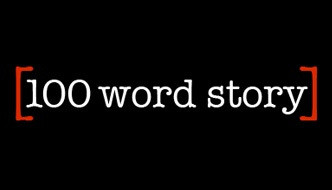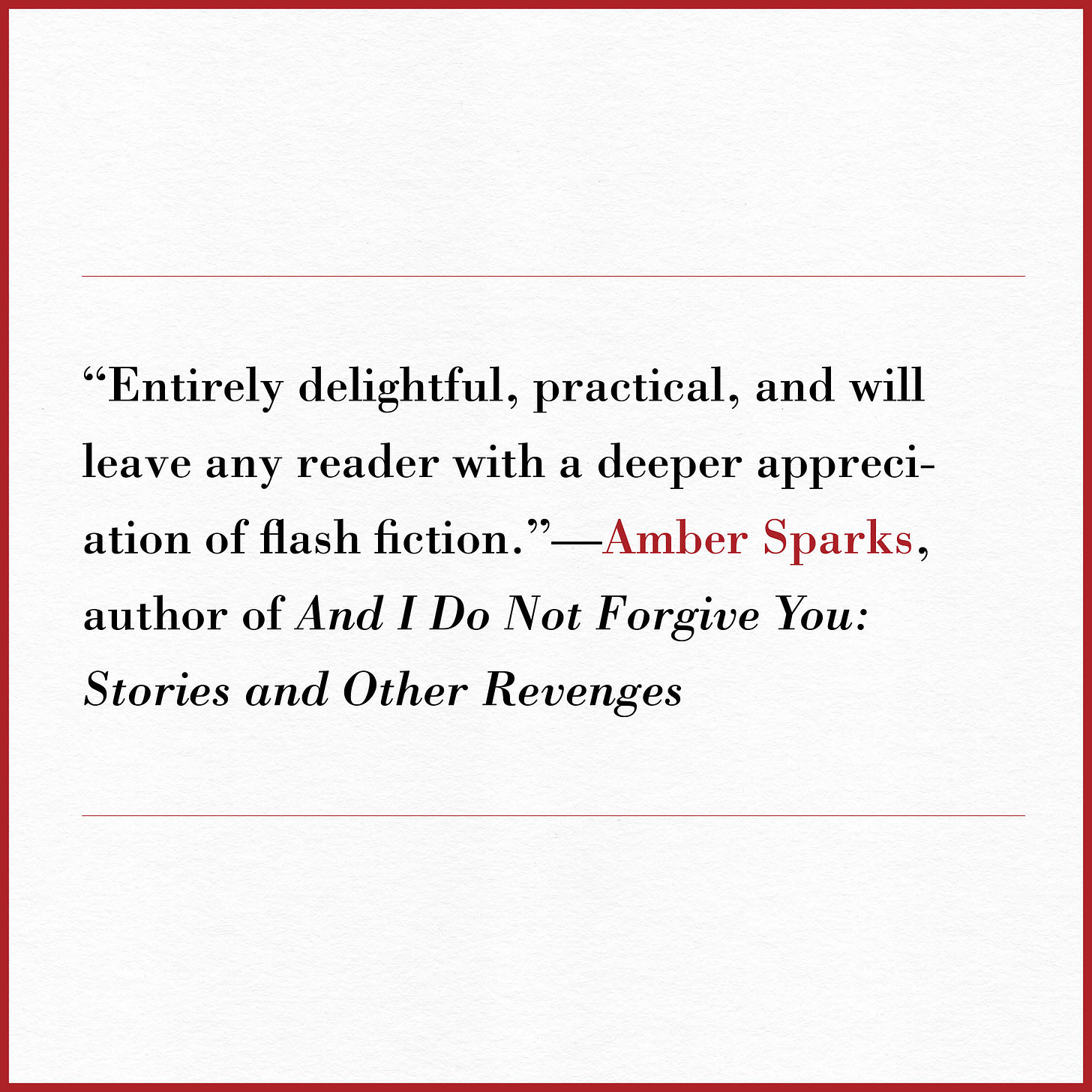The necessity (and joy) of discomfort in writing
AI writing tools threaten to take away a key aspect of the creative process
I’ve been thinking a lot about discomfort this week. How a moment of creative discomfort shouldn’t be resisted but relished.
I’m thinking about this because of the AI writing tools I experienced as part of my inquiry into them since they’re getting so much hoopla (and backlash).
Writers often focus on “writer’s block”—the big “B” type of Block that can overtake a work like a monster in a horror film (if you believe in such monsters). But I’m not interested in Blocks; I’m interested in blocks—the little “b” blocks that wend through any piece of writing—and I want to recharacterize them as a necessary and nourishing part of the creative process (so they’re not really blocks).
Writing is a series of stops and starts. Writing is a series of “blocks” that come in all shapes and sizes. A block might last three seconds or 30 seconds. You type a few words, and then you pause. You pause long enough to squirm. You pause long enough to pour another cup of coffee. You pause long enough to go for a walk.
You’re thinking, imagining, questioning, and conjuring as you write, and maybe sometimes the words come gushing out as if they’ll never stop gushing, but most of the time writing is like a game of Red Light, Green Light.
All of those tiny blocks aren’t blocks; they are moments of discomfort, reckoning, and reverie—where you dig for the right word, bend your thoughts around a counterpoint, and wrestle with what comes next.
To be a writer is to train yourself to accept these moments of discomfort—or, no, to be a writer is to relish these moments of discomfort—because these blocks are actually the building blocks of thought. Yet most of us shy away from them. Most of us want a quick fix, a solution, because … well, comfort is preferable to discomfort.
I’m sometimes guilty of this myself. When a moment of discomfort arrives, I often pop onto social media. I often do a random Google search. I search for anything related to my writing. It’s as if I want to do a search on “what is the brilliant next paragraph for Grant’s story,” but that has never turned up any results.
Until now, that is …
Brain candy? Brain drug? Writing toy? Writing tool?
Now, with AI writing tools, I can literally click a button and get a next sentence, a next paragraph, a next chapter. Sounds like fun, right? And it is fun. I recently received demonstrations from three leading AI companies, and, as they claim, their tools, in an ideal world, can be like a writing buddy, a conversation partner, a collaborator (check out Write with Laika, which is more “toy than tool,” as the founders told me).
But AI writing tools can also be like a drug dealer, and the drug they’re peddling is comfort. Their drug is designed to alleviate those moments of discomfort that are a critical part of the creative process.
A recent psychological study1 addressed how attitudes toward discomfort affect people’s ability to learn new things. The study concluded that participants who had been instructed to embrace discomfort took more risks and pushed themselves further than others. They also reported a greater sense of achievement afterward.
Now, I’ve written for decades. I’ve trained myself in discomfort. I know that discomfort is the richest of creative soil. It’s where my deepest thoughts reside, where I’ll find the perfect nuance, feel the perfect rhythm. As a result, I sometimes find comfort in discomfort. It is my strange happy place.
So I’m not worried about my creative process. But I am worried about younger writers who haven’t mastered the art of discomfort—because such mastery requires years of practice.
I’m worried that our next generation of writers will be trained in the quick fix, the easy solution. Sure you have to consider the AI tool’s suggestion and decide if it’s right for you, and you might edit it and rework it. But in the act of clicking a button, you’re transferring your search within to a search without. You become less creator and more consumer. You receive more than you generate.
What’s worse is that you might even start distrusting your own ideas and defer to the AI suggestions, just as many do with spell check. It’s an entirely different ecosystem to write in.
I don’t want to judge. I want to be open to creative tools. But I also don’t want to disregard the ways our brains are designed to create.
Discomfort is the place we grow. It’s the place where transformations occur. It’s in our discomfort where we create with what the choreographer Martha Graham called “divine dissatisfaction.”
She said, “No artist is pleased. There is no satisfaction whatever at any time. There is only a queer, divine dissatisfaction, a blessed unrest that keeps us marching and makes us more alive than the others.”
We have to search for the divine. We can’t click for the divine.
Because write a 100-word story
We’re opening submissions on June 1!
Tell a story, write a prose poem, pen a slice of your memoir, or try your hand at an essay. You get 100 words—exactly 100 words—which is both the pain and the pleasure here.
Because a confession
It occurs to me that I’ve rigged my own AI writing tool. When I hit an impasse in my writing, I often go to the Poetry Foundation website and type keywords from whatever I’m working on into their search and read the poems I receive.
At best, they’re a wonderful writing prompt that puts me in a lyrical mode. At worst, I read a poem. I recommend it as a productive strategy of avoidance.
Because some uncomfortable quotes
“Be not afraid of discomfort. If you can't put yourself in a situation where you are uncomfortable, then you will never grow. You will never change. You'll never learn.”
—Jason Reynolds
“With ideas it is like with dizzy heights you climb: At first they cause you discomfort and you are anxious to get down, distrustful of your own powers; but soon the remoteness of the turmoil of life and the inspiring influence of the altitude calm your blood; your step gets firm and sure and you begin to look—for dizzier heights.”
—Nikola Tesla
“Discomfort is the way to go if you want to make something you feel is worthwhile.”
—Fred Armisen
Because I was interviewed
It's a joy to be interviewed by someone who so obviously put a great deal of thought into his questions. Thanks to Tucker Leighty-Phillips for exploring THE ART OF BREVITY so artfully and to the Cleveland Review of Books for publishing this piece, From Firefly to Bee Hive.
Because Amber Sparks likes my book
Footnote
Kaitlin Woolley (Cornell University) and Ayelet Fishbach (University of Chicago) explored how discomfort can motivate personal growth through five studies of 2,163 adults. Here’s an article summarizing their findings.








Yes!! Discomfort is fertile for creativity. This idea hit home for me when I practiced digital sabbaths, often the moment AFTER i wanted to reach for my phone, just past a smidge of discomfort, would come a creative thought.
The quick fix of AI, for the younger generation of writers is inevitable; partly because of the instant gratification society we have helped to create -- which, by its very nature, squelches creativity (in my opinion). AI removes the tool of time -- a tool once used to master creativity’s ‘art of discomfort,’ to experience its agony and elation of completion. When instantaneous is absent, an aura of irritation takes its place; in the writing world, creativity may become frustratingly cluttered -- too much so to create without the tool of AI? Time will tell...